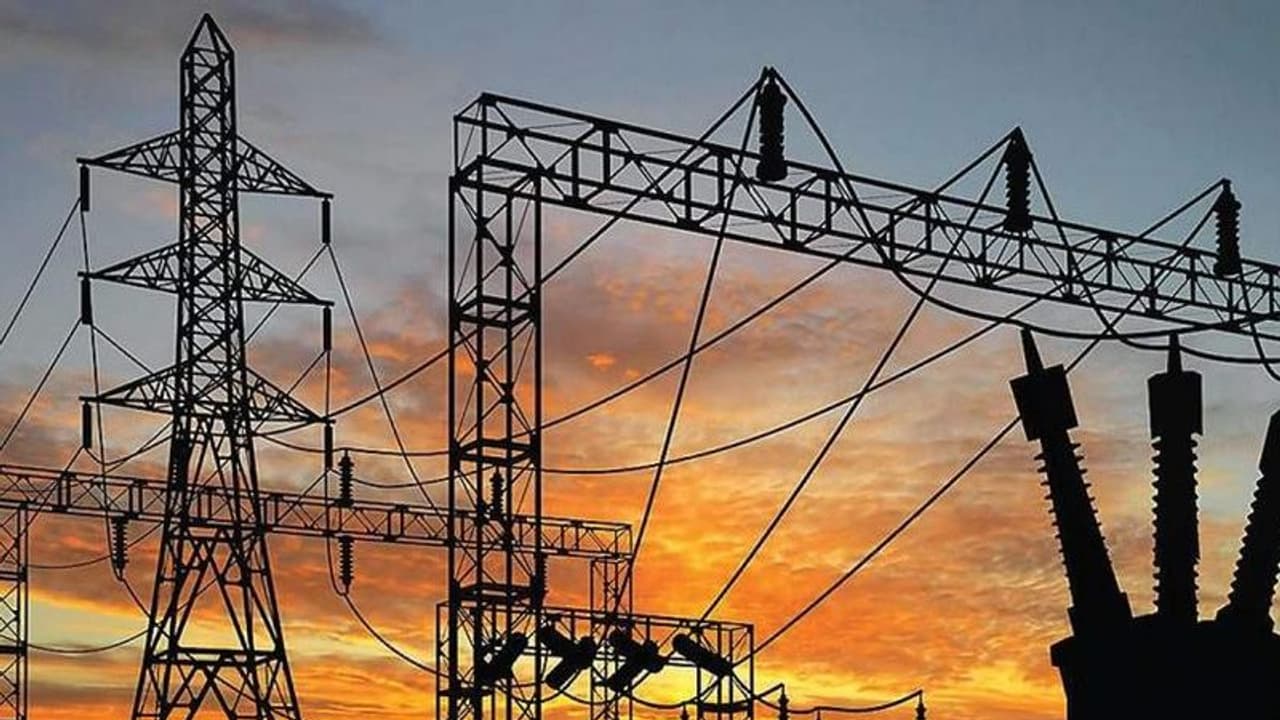The decision, made on Wednesday during a meeting convened by Prime Minister Shehbaz Sharif and attended by the chief ministers of all provinces except Khyber Pakhtunkhwa, was made to address the energy issue. According to a statement, the chief ministers of Sindh, Punjab, and Balochistan requested two days to discuss with the traders' organisation, but agreed to the action.
The cash-strapped Pakistan government has decided to restrict wedding events in Islamabad after 10 p.m. and close shops across the nation at 8.30 p.m. in order to preserve electricity, according to various media reports.

Pakistan, which is suffering a severe power crisis, has taken numerous initiatives to minimise electricity use in order to prevent load shedding, and will now restrict wedding activities after 10 p.m. in Islamabad beginning June 8, according to Geo News. The country's current electricity crisis, which has also impacted Pakistan's economy, has compelled the National Economic Council (NEC) to order the closing of markets across the country at 8.30 p.m. (local time).
The decision, made on Wednesday during a meeting convened by Prime Minister Shehbaz Sharif and attended by the chief ministers of all provinces except Khyber Pakhtunkhwa, was made to address the energy issue. According to a statement, the chief ministers of Sindh, Punjab, and Balochistan requested two days to discuss with the traders' organisation, but agreed to the action.
Also Read | Pakistan following Sri Lanka's footsteps? Cooking oil, ghee witness massive price hike
In a news conference, Power Minister Khurrum Dastagir stated that early market closures and work-from-home arrangements might conserve power. The country's electrical production is 22,000 MW, but the demand is 26,000 MW, according to the minister, who added that there is a 4,000MW energy gap in the country.
The federal cabinet has also reinstated the Saturday holiday in government workplaces in order to reduce energy consumption and progressively reduce electrical load shedding to two hours per day by the end of June. According to the sources, the Islamabad Police and municipal administration have been asked to severely enforce the restriction.
Also Read | Sri Lanka economic crisis: Story of the great Chinese betrayal
With the economy in shambles and political instability looming large as a result of demonstrations by former Prime Minister Imran Khan, there is a growing risk that Pakistan may follow in the footsteps of Sri Lanka if immediate action is not done. According to the State Bank of Pakistan, Pakistan's foreign exchange reserves fell by USD 190 million to USD 10.308 billion during the week ending May 6.
Also Read: Explained: Sri Lanka's 'bad economics' an opportunity for India
